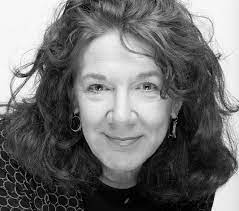
Idyll. It’s one of my favorite words, bringing to mind, as it does, a perfect and simple world, pre-industrialization, pre-technology. Heading out to the country always sounds like good advice, like the perfect escape, like Huck Finn lighting out for the territories at the end of his book.
Then there’s its homophone, idle. Yes. When we find our rural idyll, let’s be idle, shall we? The Taoists and ancient Chinese poets would approve. It’s the concept of wu wei, or doing nothing. Non-action as purposeful goal.
All this comes to mind when preparing for a wedding, when a gathering is to occur at your home, when the grounds and the house itself must be “prepared.” At some point, in all the madness leading up to the big day, you begin to yearn for the simplicity of an idyll, an escape to the country. Wu wei, if you please.
These are the thoughts that drove the creation of my poem, “Idyll.” The narrator’s escape? A Breughel painting, where peasants are at rest from their simple work, looks quaintly beautiful (Tolstoy would approve).
Idyll by Ken Craft
Each day brings the wedding closer.
Clapboard and trim painters.
Window washers, florists, a house
under siege.
I wish
I were a Breughel peasant
far away, under a sky pricked and paled
by August sun.
Scythes whistle. Sweat-soaked muslin
kisses our backs. Kerchiefed
maidens swing in rhythm, while a rick
wagon with wheat-strained ribs
waits in back. Swaddling its shade.
Its cool, corked jugs.
Let us stop here
and rest, limbs splayed
with the sweetness
of fatigue. Let us drink this wine.
Open these wicker baskets.
Find the airy white hearts
of crust-cased loaves with our thumbs.
© Ken Craft, The Indifferent World, Future Cycle Press 2016
